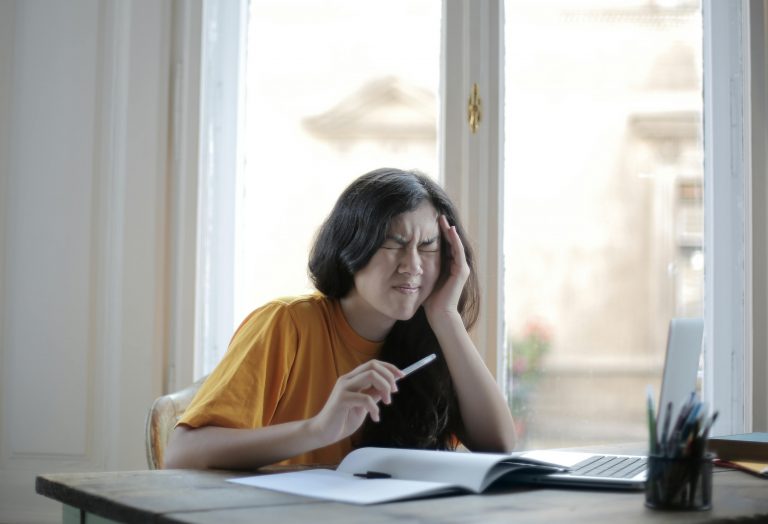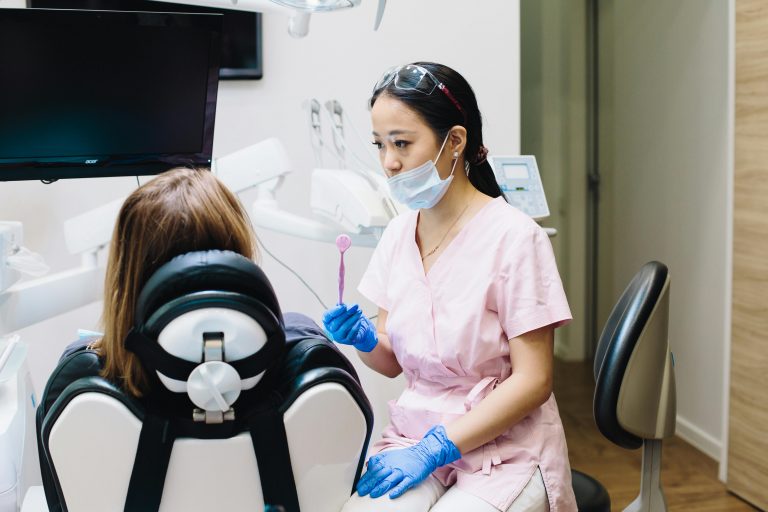
If you’ve applied for a job in recent years, you’re probably familiar with the idea of drug testing in the workplace. Many companies will have their potential employees drug tested to make sure they are able to be productive throughout the day and to prevent any issues from occurring.
While it is common for companies to test their potential employees for drugs, some private middle and high schools will randomly test their students. Drug testing in schools isn’t extremely common, but it does happen at some public and private educational institutions. Because of this, you might have some questions about school drug testing. Let’s take a look at some frequently asked questions about drug tests in school.
How Is Drug Testing Done in Schools?
If a school has a reasonable suspicion of drug use, they may decide to test someone for drug. The school may have suspicions if officials have made direct observations of drug use, or if the student is showing physical signs of being under the influence of marijuana, prescription drugs, or opioids such as heroin. Many drugs remain in the system from two to four days, although chronic use of marijuana can stay in the system for up to four weeks or longer after the last use.
Random screenings are also done in some schools, and this may be done as a condition of participation in a specific school-related activity or sport. The tests are fairly similar to those for someone applying for a job, and they will usually ask the student to submit to a urine drug test to test for the most common drugs, including cocaine, opioids, amphetamines, ecstasy, benzodiazepines, and marijuana.
Is This Type of Drug Testing Legal?
Many people wonder if random drug testing of students is actually legal. The short answer is yes. The long answer is back in June of 2002 the United States Supreme Court gave public schools the authority to test students for the use of illegal drugs. The Supreme Court had previously only allowed student-athletes to undergo drug screening. However, the new law says anyone who is under the suspicion of using drugs or anyone who is participating in an extracurricular activity can randomly be drug tested.
Is This Applicable All Around the Country?
Even though the Supreme Court has allowed drug testing in schools, any school looking to take part in a drug testing program must get legal advice to make sure everything complies with state, local, and federal laws. A state might have a specific law prohibiting drug testing under certain conditions, so it’s important to check and see what each state’s rules are.
If a Student Tests Positive, Will They Be Disciplined?
The main focus of testing students for drugs is not to punish a student who may be using but to prevent future use and get the student the help they need. That being said, each school district will likely set its own policies on drug use. This could range from strict zero tolerance policies to something much more lenient and treatment-focused. If a student has repeatedly been caught using drugs, the school and parents can help them get into a recovery program. If it’s their first offense, the school may choose to put the student in counseling and follow up with drug test kits in a few months.
When a person applies for a job, they may be asked to submit to a rapid drug screen. This is extremely common, but what isn’t is drug testing in schools. While it may not be as popular, it does happen and there are some things people may question about the tests.


